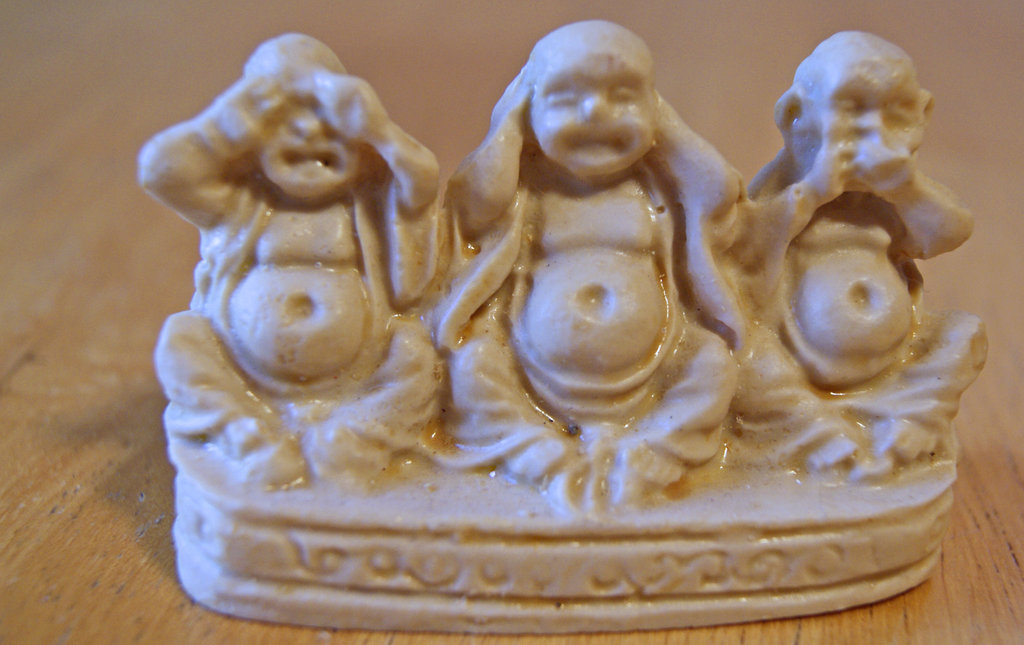“Critics (of books or drama) often use two rather singular arguments. The first consists in suddenly deciding that the true subject of criticism is ineffable, and criticism, as a consequence, unnecessary. The other, which also reappears periodically, consists in confessing that one is too stupid, too unenlightened to understand a book reputedly philosophical.
Why do critics thus periodically proclaim their helplessness or their lack of understanding? It is certainly not out of modesty: no one is more at ease than one critic confessing that he understands nothing about existentialism; no one more ironica and therefore more self-assured than another admitted shame-facedly that he does not have the luck to have been initiated into the philosophy of the Extraordinary; and no one more soldier-like than a third pleading for poetic ineffability.
All this means in fact that one believes oneself to have such sureness of intelligence that acknowledging an inability to understand calls in question the clarity of the author and not that of one’s own mind. One mimics silliness in order to make the public protest in one’s favor, and thus carry it along advantageously from complicity in helplessness to complicity in intelligence. It is an operation well known to salons like Madame Verdurin’s: ‘I, whose profession it is to be intelligent, understand nothing about it; now you wouldn’t understand anything about it either — therefore, it can only be that you are as intelligent as I am.’
The reality behind this seasonally professed lack of culture is the old obscurantist myth according to which ideas are noxious if they are not controlled by ‘common sense’ and ‘feeling’: Knowledge is Evil; they both grew on the same tree. Culture is allowed on condition that it periodically proclaims the vanity of its ends and the limits of its power; ideally, culture should be nothing but a sweet rhetorical effusion, an art of using words to bear witness to a transient moistening of the soul. Yet this old romantic couple, the heart and the head, has no reality except in an imagery of vaguely Gnostic origin, in these opiate-like philosophies which have always, in the end, constituted the mainstay of strong regimes, and in which one gets rid of intellectuals by telling them to run along and get on with the emotions and the ineffable. In fact, any reservation about culture means a terrorist position. To be a critic by profession and to proclaim that one understands nothing about existentialism or Marxism is to elevate one’s blindness or dumbness to a universal rule of perception, and to reject from the world Marxism and existentialism. ‘I don’t understand, therefore you are idiots.’
But if one fears or despises so much the philosophical foundations of a book, and if one demands so insistently the right to understand nothing about them, and to say nothing on the subject, why become a critic? To understand, to enlighten, that is your profession, isn’t it? You can, of course, judge philosophy according to common sense; the trouble is that while ‘common sense’ and ‘feeling’ understand nothing about philosophy, philosophy, on the other hand, understands them perfectly. You don’t explain philosophers, but they explain you.”
(Roland Barthes, “Blind and Dumb Criticism”, Les Lettres Nouvelles, 1956)

